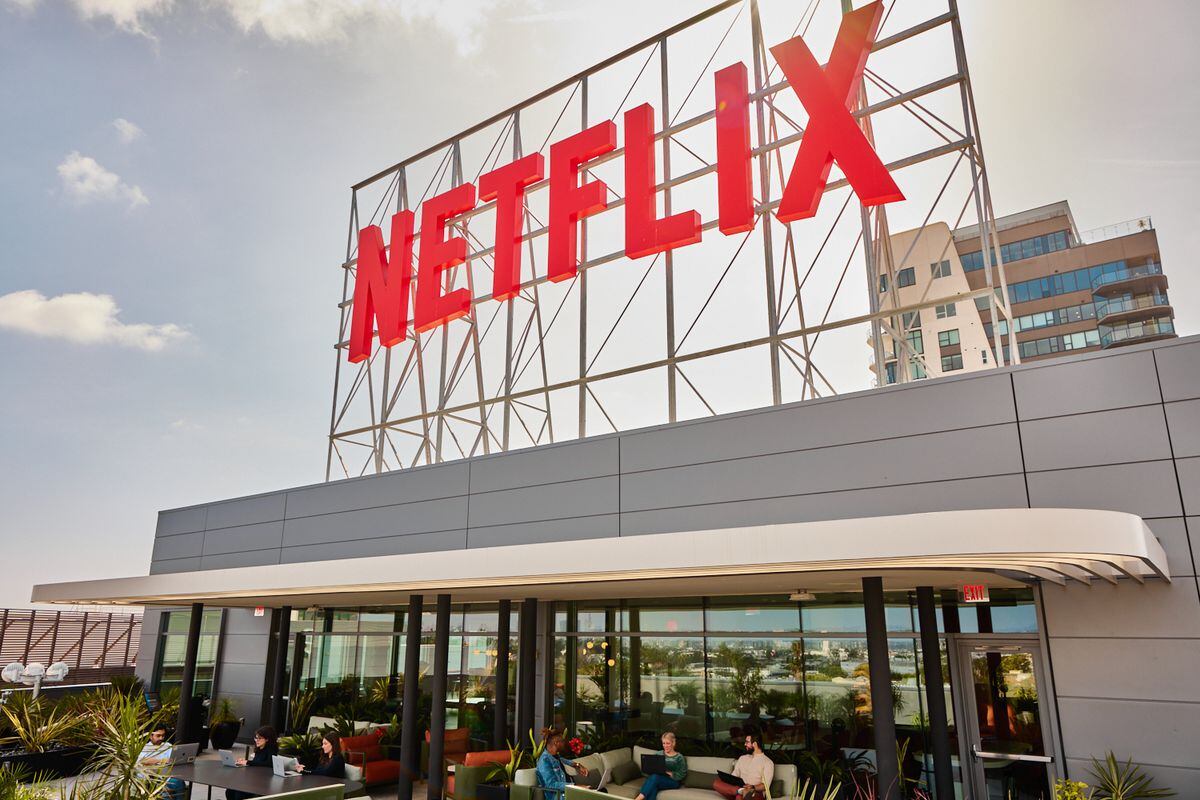Should we ask the major video streaming platforms to lower the resolution of their content to save energy?
The question was raised at Bercy earlier this week.
While electricity consumption has already fallen by 10%, the government is looking for new sources of gains.
It could be digital.
It all starts with an observation: at peak times, 80% of fixed and mobile data traffic comes from large content providers, such as Netflix, YouTube, Disney +, Amazon Prime or Apple TV +.
So, to help reduce the energy consumption of telecom operators, why not turn to these platforms?
Especially since behind the question on energy consumption, hides a second subject: that of network availability.
The debate is a bit technical.
In the event of load shedding - therefore targeted power cuts -, telephone communications and internet connections will be strongly impacted in the areas concerned.
Emergency calls to 112 should be preserved.
Indeed, any operator can handle a call sent to 112, even if it does not come from one of its subscribers.
In an urban area, an operator should therefore be able to take over from all the others, since given the territorial network, all the antennas should not be deprived of electricity at the same time.
The case is a little more complex in the countryside, since the,
The relationship with Netflix, Disney + and the others?
It's very simple: to avoid saturating a network that will have to be available for emergencies, other uses should be lightened.
The companies concerned could therefore "
be contacted quickly by the services of the Minister for Digital
“, we let know.
The lever was already activated during the first confinement, in March 2020. The government then asked Disney + to postpone its launch by a few weeks and to the players already present on the market to reduce the definition of streaming videos by default.
This had been done without the consumers being harmed.
It is indeed difficult to see the difference between a video in 4K or in high definition when it is watched on the screen of a smartphone.
And those on big screens could manually increase the resolution of their movies and series.
But this has not had a major impact on the energy consumption of telecom networks.
Indeed, the goal sought was first to avoid saturating the telecom networks, at a time when all of France was switching to online services to telecommute, to study, or to consult a doctor remotely...
A long-term impact
“
Reducing the volume of data transported would have an impact on mobile networks
, explains a telecom operator, without quantifying it.
This would allow us to turn off some antennas, especially at night, and therefore reduce electricity consumption.
".
On the other hand, on the fixed line, the impact is very marginal, once the network is dimensioned for a certain volume.
The question therefore deserves to be asked for the long term, to avoid having to build networks capable of absorbing more traffic.
French telecom operators readily explain that they are forced to oversize their infrastructure to cope with this influx of data.
Controlling its growth would mechanically have a positive impact on the sector's ecological footprint.
They are also in full negotiation in Brussels to obtain the establishment of a “toll” at the entrance for the main video platforms.
In the meantime, consumers can take the right steps.
At home, in the office...prefer WiFi to 4G or 5G.
The landline consumes less than the mobile.
Swap your copper connection (ADSL) for fiber, which is more economical, or even watch football matches - or any live broadcast - not on a streaming platform but on classic television channels.










/cloudfront-eu-central-1.images.arcpublishing.com/prisa/2C5HI6YHNFHDLJSBNWHOIAS2AE.jpeg)




